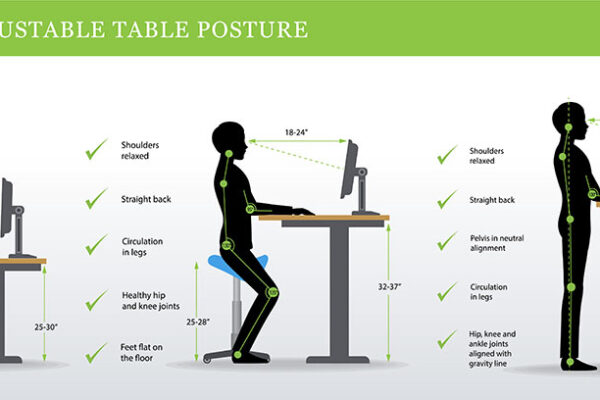Most people now know that artificial sweeteners are not living up to their zero calorie “healthy option” hype. While originally thought to help consumers lose weight, research is showing the opposite effect. The FDA has approved five artificial sweeteners: saccharin, acesulfame, aspartame, neotame, and sucralose. You can find most of these sweeteners in foods labeled “diet” or “sugar free” some examples include: sodas, juices, baked goods, candy, ice cream, and yogurt.
Many people who drink diet-zero-calorie beverages tend to replace the calories in other ways. In fact, participants in the San Antonio Heart Study who drank more than 21 diet drinks per week were twice as likely to become overweight or obese as people who didn’t drink diet soda. Part of this is thought to be because artificial sweeteners alter taste perception. The potency of artificial sugars is much higher than regular table sugar causing an overstimulation of sugar receptors. This is thought to lead to a limited tolerance for more complex tastes. Things like vegetables become unappealing because they lack the sweetness your body has become accustomed to. This begins a vicious cycle of sugar cravings and weight gain that zero calorie sweeteners were supposed to prevent!
Here’s the good news, there are natural sweeteners out there that are less divisive and may actually contain some health benefits. Let’s be clear, we are not saying consume all the natural sugars you want, there is still an increase in health problems (diabetes, metabolic syndrome) associated with too much sugar consumption, no matter the source. Some natural sugars are lower on the glycemic index, the scale used to indicate the food’s effect on a person’s blood sugar level, making them a better option. While on the subject, according to the USDA, added sugar should make up less than 10% of daily caloric intake, for men approximately 50 grams and for women 40 grams. Below is a list of better alternative sweeteners:
Pure Maple Syrup – Contains 54 different antioxidants along with small amounts of potassium, calcium, zinc, and magnesium. Maple syrup (54) is lower on the glycemic index than table sugar (65) meaning it will cause less sugar spikes and crashes. With 14 calories per teaspoon it is still important to limit intake, which is hard to do when pouring it on pancakes!
Raw Honey – Unheated and unfiltered honey retains its natural enzymes, antioxidants, minerals, and some vitamins. Honey is also thought to have antimicrobial properties making it a good addition to natural cold remedies. Raw local honey may also help those suffering from seasonal allergies. Raw wildflower honeys are lower on the glycemic index (35-53) than table sugar (65) but watch out for conventional honeys, they can have a glycemic index reading as high as 87! When it comes to honey, typically the more you spend the better it is. Honey should still be used sparingly with 22 calories per teaspoon.
Blackstrap Molasses – While not as sweet, blackstrap molasses is higher in vitamins and minerals than most sweeteners. It could contain up to 20% of your daily value of iron and 10% of your daily value of vitamin B6. It also contains magnesium, potassium, and calcium. It lands between 55-60 on the glycemic index, which is still lower than table sugar (65) and regular molasses. Again, at 16 calories per teaspoon, it should be limited.
To avoid sabotaging your health, minimize or eliminate foods and drinks that contain saccharin, acesulfame, aspartame, neotame, and sucralose. Pay close attention to food labels and product ingredients to know what exactly you’re consuming. Look for foods and drinks that are naturally sweetened. Lastly, try to avoid having an excess of added sugar in your diet, regardless of the source.
Resources
Eckelkamp, Stephanie. (2015). The Ultimate Ranking of the 9 Most Popular Natural Sweeteners. Prevention. http://www.prevention.com/food/healthiest-natural-sweetners
Strawbridge, Holly. (2015). Artificial Sweeteners: Sugar-Free, but at What Cost? Harvard Health Publications. http://www.health.harvard.edu/blog/artificial-sweeteners-sugar-free-but-at-what-cost-201207165030
About the Author
Deanna received her bachelor’s degree in Kinesiology with an emphasis in Adapted Physical Activity from San Jose State University. She is also a Certified Exercise Physiologist through the American College of Sports Medicine. Deanna manages all elements of BaySport’s Biometric Screening events, promotes and coordinates the Health Coaching programs, and provides ongoing support for BaySport Wellness services. During her free time, Deanna enjoys spending time outside. Hiking, swimming, and camping are some of her favorite outdoor activities.


